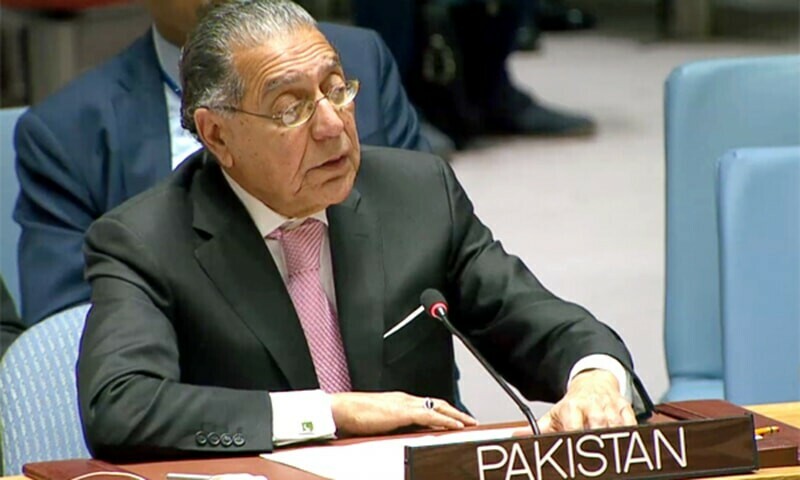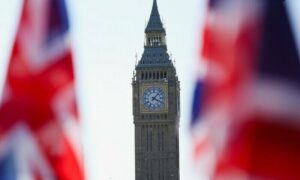UNITED NATIONS: Pakistan has urged the United Nations to strengthen its commitment to supporting developing nations in tackling debt sustainability challenges.
Stressing that this burden has notably impeded efforts related to climate change and gender equality, Pakistan highlights the need for increased assistance in these crucial areas. In a recent gathering organised by the Group of Friends on Gender Parity to commemorate International Women’s Day, Pakistan’s UN envoy, Ambassador Munir Akram, highlighted the crucial connection between climate finance, debt sustainability, and the plight of women in regions under foreign occupation.
“Debt sustainability remains a pressing issue for many developing countries as they grapple with the dual challenges of climate change and debt burdens,” he said.
He underlined that balancing the need for climate finance with debt sustainability requires innovative financing mechanisms. “By aligning climate finance with debt relief strategies, developing countries can better manage their financial obligations while advancing climate action and building a more sustainable and resilient future,” he said.
Urges action on climate finance, sustainability, and gender equality
This, he argued, would empower developing countries to manage their financial obligations effectively while simultaneously advancing climate action and fostering a sustainable future.
Drawing attention to the challenges faced by women under foreign occupation, specifically in Indian-occupied Jammu and Kashmir and Palestine, Ambassador Akram outlined a spectrum of difficulties ranging from systemic oppression to severe human rights violations. He asserted that women in these situations experience heightened vulnerability to violence, exploitation, and discrimination, with their rights often violated with impunity.
Commending the UN Secretary-General’s achievements in gender parity at the senior UN management level in 2021, Ambassador Akram underscored the significant role gender parity plays in the empowerment of women and the creation of inclusive workplaces and societies.
However, he noted an existing imbalance in the representation of women from developed and developing countries, urging for equitable geographical representation at the United Nations. Ambassador Akram argued that such representation would make the organisation more dynamic, robust, and truly reflective of the aspirations of people from all regions and continents.
As the international community marked International Women’s Day this week, Pakistan’s call for a holistic approach that intertwines gender parity, climate action, and debt sustainability resonates with the requirements for building a more inclusive and sustainable future for all.
On Friday, the UN chief launched a plan to boost the empowerment of women and girls around the world, unveiling details at a meeting commemorating International Women’s Day. “Equality is overdue; to achieve it, we must match rhetoric with resources,” UN Secretary-General António Guterres said.
Published in Dawn, March 11th, 2024







